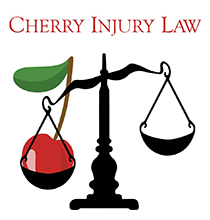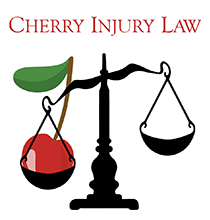June is Elder Abuse Awareness Month in Pennsylvania
Earlier this month, Pennsylvania Governor Tom Corbett designated June as Elder Abuse Awareness Month – which coincided with World Elder Abuse Awareness Day on June 15. The purpose of this proclamation was to remind Pennsylvanians to keep an eye out for the various signs of elder abuse and to encourage people to report suspected elder abuse to the appropriate authorities.
In fact, a news release issued by Pennsylvania’s Department of Aging, quoted Secretary of Aging Brian Duke as saying, “Our highest priority is protecting vulnerable older adults from abuse and making others aware of the signs of neglect, abuse, abandonment and exploitation. Don’t hesitate to tell someone if you suspect abuse is happening.”
Unfortunately, elder abuse is much more common than many Pennsylvanians likely know. For example, Pennsylvania’s Department of Aging reports that more than 18,000 instances of suspected elder abuse were reported last year – which doesn’t even include the numerous instances that are not discovered and thus not reported.
Sadly, many expect instances of elder abuse to increase substantially as a significant number of baby boomers progressively get older.
Signs of Pennsylvania Elder Abuse
Elder abuse can occur in several different circumstances. For instance, it not only can be inflicted by family member caregivers, but also by nursing home staff. In the case of nursing home abuse, it can be especially heart wrenching given the level of trust initially place in nursing home personnel.
Accordingly, family members should be aware of the various telltale indicators of nursing home abuse. For example, some of the more common signs of physical abuse or neglect can include:
- Unexplained injuries such as welts, bruises or scars
- Unusual weight loss, dehydration or malnutrition
- Broken bones
- Unsafe or unsanitary living conditions, such as soiled bedding, dirty clothes or no heat
- Untreated bed sores
- Reports of medication overdose or, conversely, failure to take medication
Tragically, nursing home abuse can include emotional abuse in addition to physical. If an elderly family member suddenly becomes withdrawn or begins to mimic behavior similar to dementia, such as rocking or mumbling, emotional nursing home abuse may be occurring.
Consequently, if you believe a loved one is currently being subjected to nursing home abuse, it is important to report the suspected abuse to the proper authorities immediately. Also, it is advisable to speak with an experienced nursing home abuse attorney who can help explain your rights and options given your particular circumstances.








 Cherry Injury Law RSS Feed
Cherry Injury Law RSS Feed



